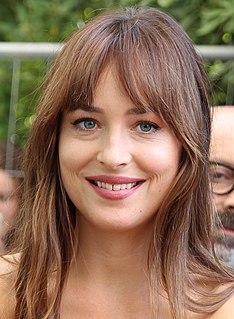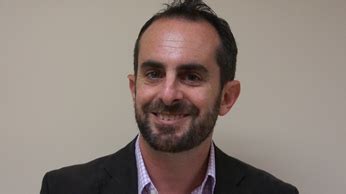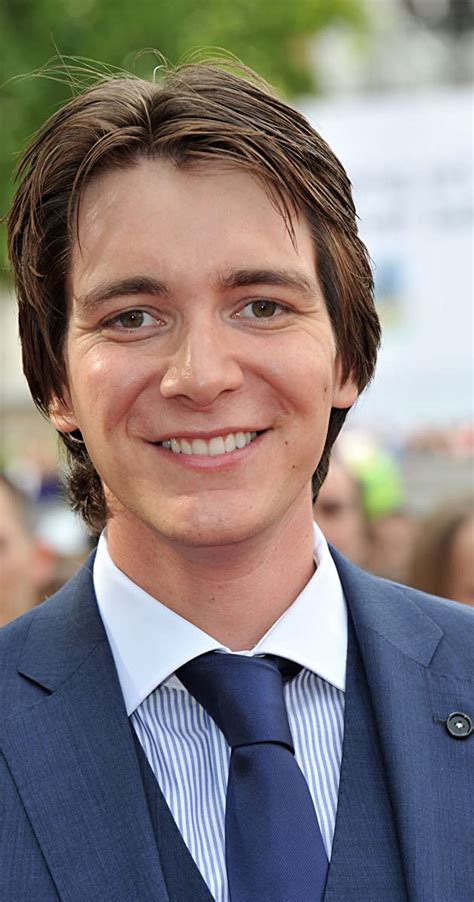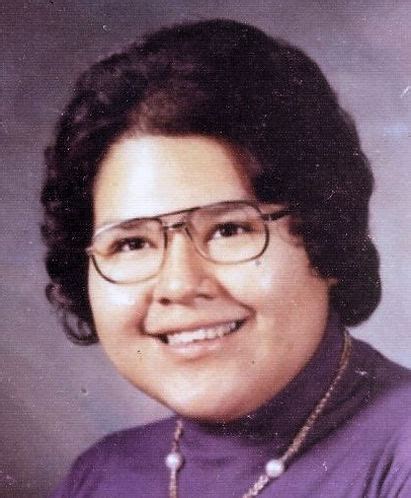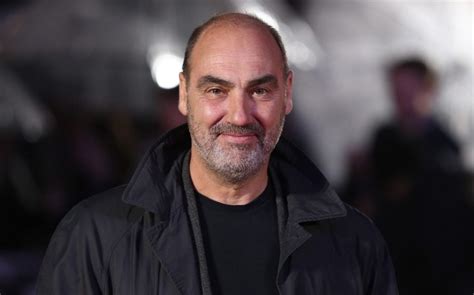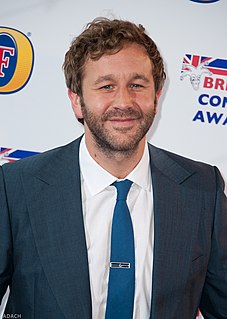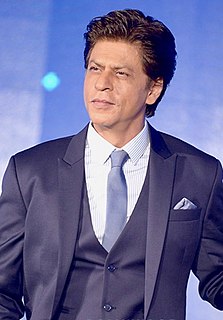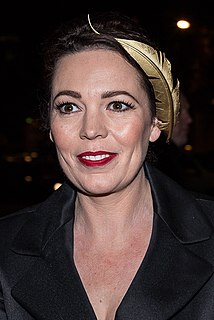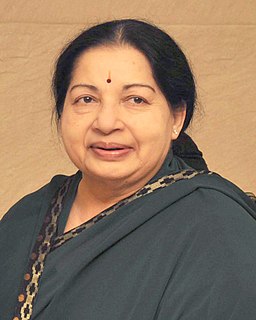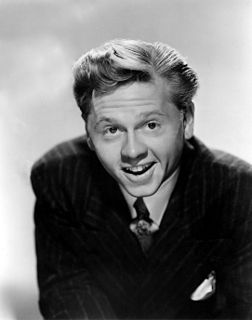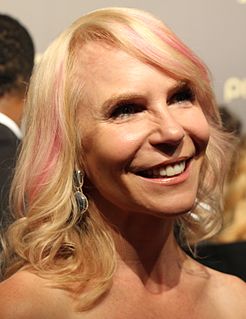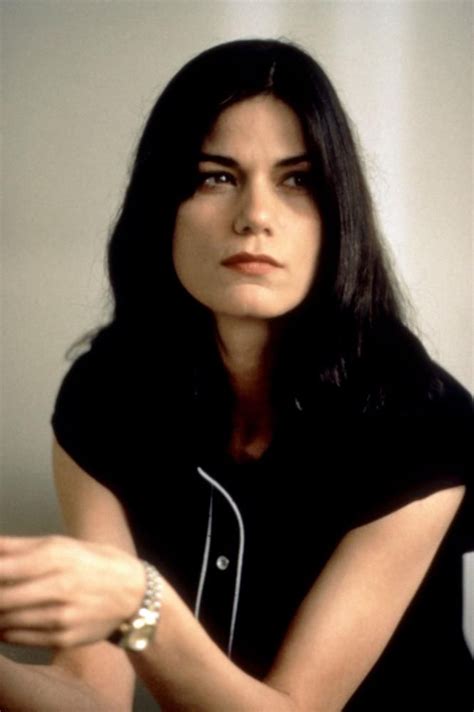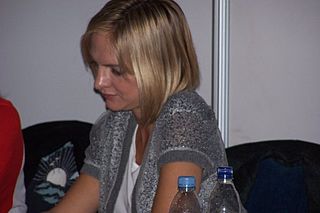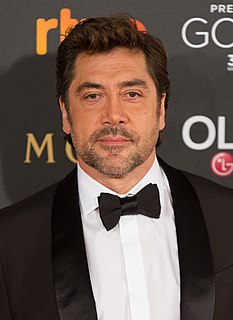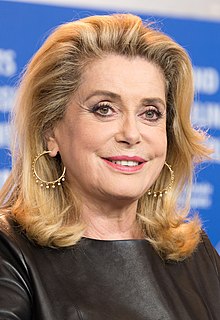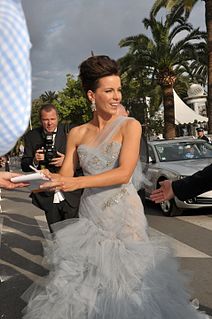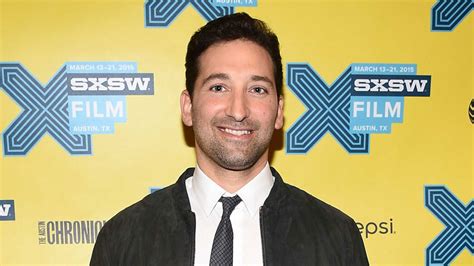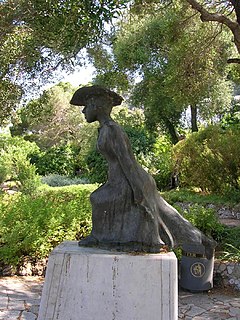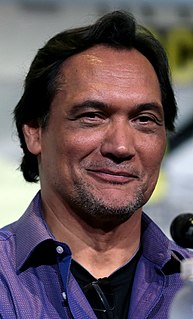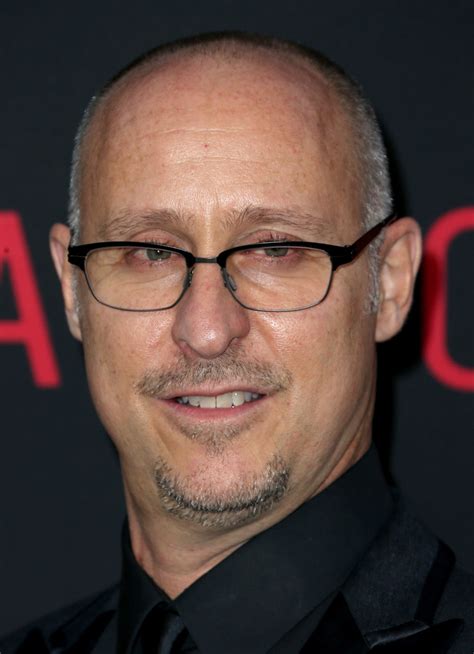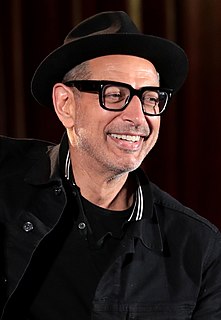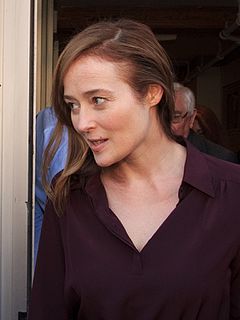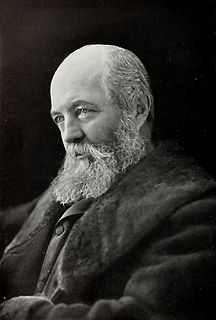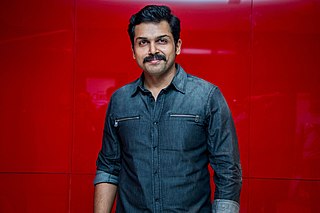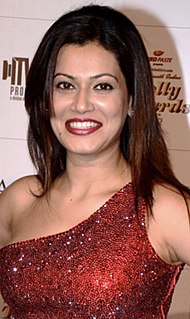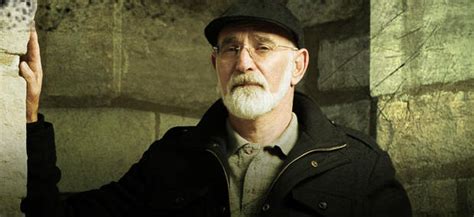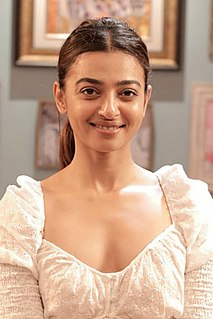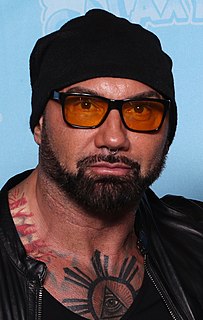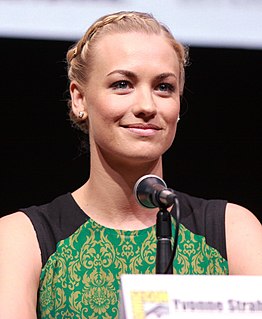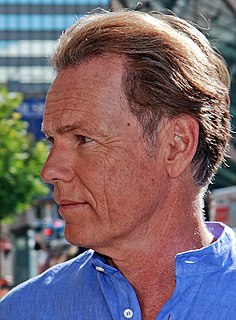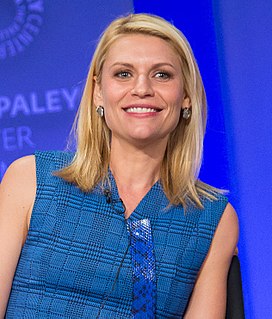Top 1200 Scenes Quotes & Sayings - Page 3
Explore popular Scenes quotes.
Last updated on April 17, 2025.
I think the truth is the Marvel fiefdom exists very independently inside the Disney world, inside the Disney universe. They're not resistant to that kind of thing but they have their, you know there is a whole sort of machine energy and momentum that is the sort of creative drive behind the whole universe that has a big impact on the individual films. I'm glad those scenes got out there. And we've got a few interesting deleted scenes on this.
There has been a ton of excellent music in this period (along with a few misses), evoking scenes like a bar-room brawl at a border-town dive, a washed-up singer in a smoky lounge, and the scenes of violence in Bob Dylan latter-day music videos.I think the ethos of this period is best summed up in the 2001 song "Summer Days".
You always know when one of the first ["Harry Potter" movies] are on TV, because you'll get a text message from one of your friends saying, "How high was your voice?" It's like watching a home movie, in some sense. But you just remember because the audience sees the scenes as they're written, but we remember shooting [the scenes] and all the stories that came around it. Like the Quidditch World Cup in ["Harry Potter and the] Goblet of Fire," it's like the Glastonbury Festival at Leavesden [Studios].
To be an actor and a director, I actually felt it helped me tremendously to be in the scenes of The Hollars, because as you can see, they're very intimate, very intense scenes. You don't want to break the actor's character and you don't want to break their momentum, so as the actor, I tried not to call cut as much as I could, and almost make it feel like a play, just set this environment where these amazing actors could do what they wanted to do.
Inexperienced fiction and creative nonfiction writers are often told to show, not tell - to write scenes, dramatize, cut exposition, cut summary - but it can be misguided advice. Good prose almost always requires both showing and telling, scenes and summary, the two basic components of creative prose
Well I liked the mixture actually. It's really good fun to have throughout a shoot to move from something which is quite character based in certain scenes where there's very little action and you're just working with actors and I suppose I've had quite a lot of practice at that. This is more action than I've had a chance to do so that was fun for me too to go into the action then and have some really good crew working with me. And sometimes you get these scenes where they blend.
Comedy people are always present because they're always looking for the funniest version of whatever the line is. Sometimes theater people, where scripts are sacrosanct, aren't quite as present in scenes. That's a massive generalization, but in my experience, I find that comedy people are great to improvise with and to do scenes with because they're there.
You gleefully say, "I just thought of something!", when in fact your brain performed an enormous amount of work before your moment of genius struck. When an idea is served up from behind the scenes, your neural circuitry has been working on it for hours or days or years, consolidating information and trying out new combinations. But you take credit without further wonderment at the vast, hidden machinery behind the scenes.
My writing's like a journey. I'll know some of the stops ahead of time, and I'll make some of those stops and some of them I won't. Some will be a moot point by the time I get there. You know every script will have four to six basic scenes that you're going to do. It's all the scenes where your characters really come from.
Originally the structure was . . . a modern narrator who would appear intermittently and talk about his memories of his grandmother, which would then be juxtaposed against scenes from the past. But the stories from the past were always more interesting that the things in the present. I find this almost endemic to modern plays that veer between past and present. . . . So as we've gone on developing GOLDEN CHILD, the scenes from the past have become more dominant, and all that remains of the present are these two little bookends that frame the action.
In the days that follow, he begins to remember things about Moushumi, images that come to him without warning while he is sitting at his desk at work, or during a meeting, or drifting off to sleep, or standing in the mornings under the shower. They are scenes he has carried within him, buried but intact, scenes he has never thought about or had reason to conjure up until now.
My character [in Ted Bundy] was unaware of all the murders that were being committed by him, so I kind of tried to keep myself out of it and kind of keep an innocent point of view from it. The hard scenes for me were the sex scenes just because there's like sexual deviance going on and there was stuff that he want her to do and that was really disturbing.
Kurt Russell said another brilliant thing. He had starred in umpteen movies by that point. And he said, "Generally speaking, in every film I've done, there are only about three or four scenes that I can really do something with. For the rest of it, it's not so much that you don't have to prepare, but there's not much you can really do. You just do what is asked of you in those scenes. You don't want to do too much."
There are some scenes that you have to lose in order to win something at the end. A good director will keep pointing you that way, but it is also your job as an actor to understand that there are scenes that you do, particularly when you are the lead, where other people get to come in and steal and you have to let them. I understand that but a good director always reminds you where those moments are.
All I really know in nonfiction is that when I come home, I've got all these notes and I'm trying to figure out what actually happened to me. I usually kind of know what happened, but as you work through the notes, you find that certain scenes write well and some don't even though they should. Those make a constellation of meaning that weirdly ends up telling you what you just went through. It's a slightly different process, but still there's mystery because when you're bearing down on the scenes, sometimes you find out they mean something different than what you thought.
I'm getting so old - it's more uncomfortable to do those scenes now than when I was 20. I mean, I don't have a big problem with nudity on screen. But usually the days when you do those naked love scenes are the weirdest ones on set. Everyone is uncomfortable. You're like, 'Hi. How are you?' Then the next minute you're with an actress who you don't know and you're pretending to make love to her in front of all the crew. The acting challenge is pretending things are OK.
There were definitely scenes I struggled with more than others: the car accident and the thunderstorm are two that come to mind. It's difficult to write about a thunderstorm. There are only so many ways to describe it and our vocabulary is so limited. And the car accident scene required a tense, manic quality that had to be conveyed in the language, as well as the character's dialogue and actions. I was editing these scenes long after I thought I was finished with them.
There are people on the ratings board and so froth who don't want certain scenes in the film. There are people who come up and say, "What graphic love scenes. I think, How can a love scene be graphic? Have you seen Total Recall? In this R-rated movie you see a man who you've seen being in love with and sleeping with this fabulous woman shoot her right through the head. "Consider this a divorce" is supposed to be the funniest line in the movie.
I think you approach a part the same way and just find out in what's making them tick and who they are. In a movie like this you may have a little less time and few dialogue scenes and exposition scenes for your character to really get that across, and so I wanted to be able to convey that she's not somebody who's just punching a clock but she has this weird emotional investment in her job to where she does get quite myopic and that's what makes her relentless.
I think a lot of the production process is always giving yourself, like what I call like escape routes, like, if this scene doesn't play, if we realize we've had too many dirty scenes in a row, and it's like, because you don't have the luxury when you're in the middle of shooting, to see how these scenes play all in a row, kind of, you know what I mean. So, like we're always trying to like have insurance policies on, ok, if that doesn't work, we can just jump to this thing.
In the old days when I first was coming up, you would turn up on set in the morning with your coffee, script, and hangover and you would figure out what you were going to do with the day and how you were going to play the scenes. You would rehearse and then invite the crew in to watch the actors go through the scenes. The actors would go away to makeup and costume and the director and the DP would work out how they were going to cover what the actors had just done.
Sometimes, a scene goes on too long and, with this being a suspense story and murder mystery that you're trying to discover through her heightened paranoia, you don't want scenes that take you on a tangent. Sometimes, you love those scenes, but you know that it's better not to be in the overall film. So, I'm not sad that they're not in the main movie, but I do think it's fun for people to get to watch them, if they want to.
Now it would be foolish and impossible to try and prevent the manufacture of films containing Canadian snow scenes; but there is no vestige of a doubt that when exhibited overseas they have a detrimental effect of immigration . . . Everything that can be done should be done, to encourage the circulation of screen pictures that demonstrate that snow scenes and dog-trains are but a minor phase in Canadian life.
There are certain scenes in the edit you're playing with it and certain scenes don't put back together the way you imagined. Sometimes they're better and sometimes they don't have that thing, so it's never foolproof. But you certainly get an idea that here we've got enough and we've got to move on because you're always against time and money there. Whatever the budget is, you have to get practical about it.
If we analyze the operations of scenes of beauty upon the mind, and consider the intimate relation of the mind upon the nervous system and the whole physical economy, the action and reaction which constantly occur between bodily and mental conditions, the reinvigoration which results from such scenes is readily comprehended. . . . The enjoyment of scenery employs the mind without fatigue and yet exercises it; tranquilizes it and yet enlivens it; and thus, through the influence of the mind over the body gives the effect of refreshing rest and reinvigoration to the whole system.
What various scenes, and O! what scenes of Woe,
Are witness'd by that red and struggling beam!
The fever'd patient, from his pallet low,
Through crowded hospitals beholds it stream;
The ruined maiden trembles at its gleam,
The debtor wakes to thought of gyve and jail,
The love-lorn wretch starts from tormenting dream;
The wakeful mother, by the glimmering pale,
Trims her sick infant's couch, and soothes his feeble wail.
I'm connected with a lot of different paranormal groups out there worldwide, a lot of different spiritual people. My networking over the course of the past 40 years has really grown where I deal with quite a bit. There's a lot of work that I do behind-the-scenes that I just don't ever talk about or things that don't always come to the forefront as far as investigating and getting involved with spiritual people, meaning any type of clergy, because I do work with a lot of them behind-the-scenes.
All films created by Walt Disney at the time of his major outpouring of work were carefully crafted to fit scenes, characters, moods and situations. If these elements changed in any way, songs - no matter how good they were - were discarded. Others were written for the new scenes. Many times, character songs were dropped because characters were dropped...sequences were dropped etc.
Some people manage their writing by saying, 'I need to get 2,000 words written today,' others by saying, 'I will write for X hours.' Not me. I start with a plan for the book, break it down into scenes, and I know what scenes need to get written each day. If the scene takes more words than I thought, so be it.
We improv-ed scenes that didn't happen in the movie. We improv-ed the scenes that are written in the movie without the dialogue as written. We played around a lot to try and figure out just how we could flow with what was already written in the story and how we could highlight those imbalances and those points at which we came to loggerheads.
